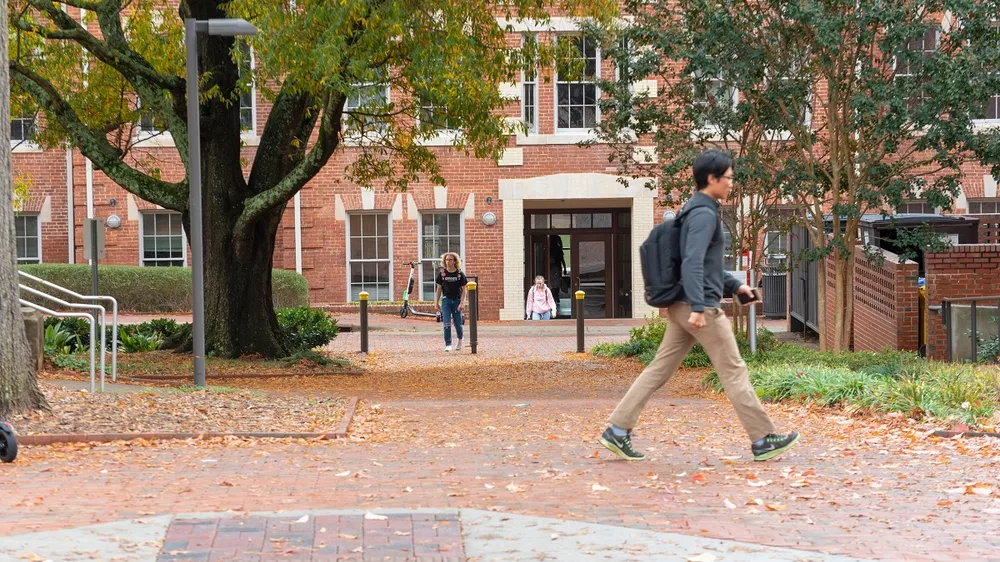
Rapid Decline in Scientific Cooperation Between the USA and China
According to a new report published by the National Bureau of Economic Research based in Cambridge, Massachusetts, titled “Building a Wall Around Science: The Effect of US-China Tensions on International Scientific Research” scientific cooperation between the USA and China has significantly declined since Donald Trump was elected President of the USA in 2016.
The report, authored by Wharton School Professor Britta Glennon and her colleagues, examines how geopolitical tensions have impacted international scientific collaboration. According to the study, the number of Chinese students pursuing PhDs in the USA decreased by 16% between 2016 and 2019. Additionally, the number of citations from Chinese researchers to US-based scientific work fell by 4-6%. Trump’s “China Initiative,” which targeted Chinese scientists, resulted in a 2% decrease in the productivity of Chinese researchers in the USA and a 6% decline in impactful publications.
Trump’s “China Initiative,” launched to prevent academic and industrial espionage, led to many Chinese scientists choosing not to work in the USA. The FBI reported opening a new counterintelligence case related to China every 10 hours in 2020. Consequently, the number of Chinese scientists working in US universities has decreased. Experts warn that the current situation could negatively impact the US’s scientific and innovative potential and have serious effects on the scientific communities and research productivity of both countries.

